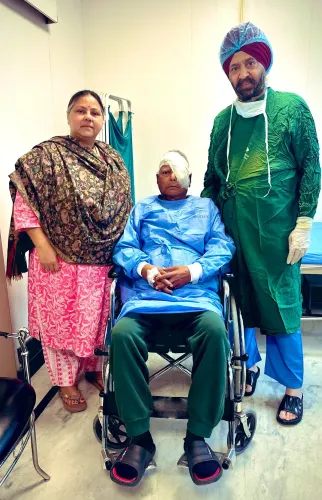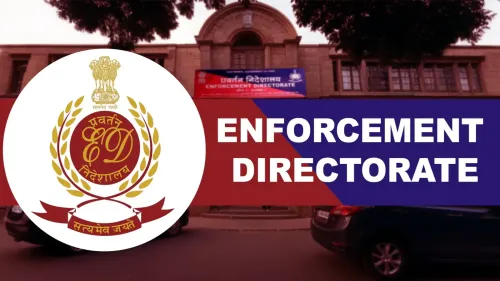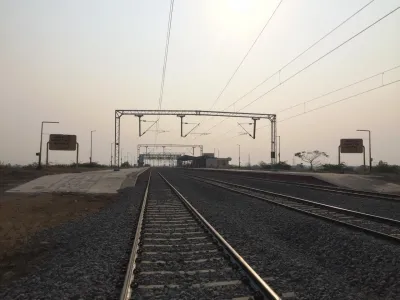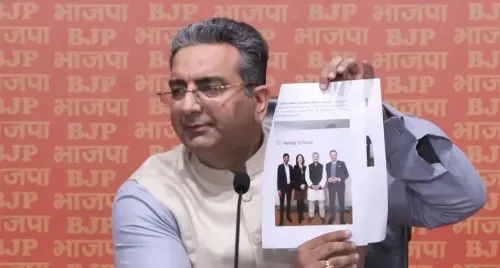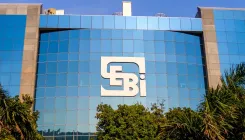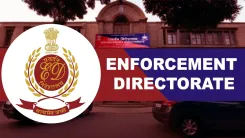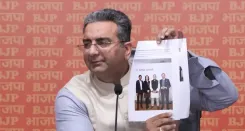How is ECI Engaging NTK to Enhance the Electoral Process?

Synopsis
Key Takeaways
- The ECI is engaging with political parties to strengthen electoral processes.
- Over 4,719 meetings have been conducted in the last six months.
- Key leaders from national and state parties are participating in consultations.
- Structured dialogues improve transparency and inclusiveness.
- K. Senthilkumar represented the NTK in the recent discussions.
New Delhi, Sep 9 (NationPress) The Election Commission of India (ECI) engaged with a delegation from the Naam Tamilar Katchi (NTK) on Tuesday, led by its authorized representative K. Senthilkumar. This meeting is part of the Commission's continuous dialogue with political parties aimed at bolstering the electoral framework.
Chief Election Commissioner Gyanesh Kumar, alongside Election Commissioners Sukhbir Singh Sandhu and Vivek Joshi, welcomed the delegation at Nirvachan Sadan in the capital.
This discussion provided an opportunity for the party to present its suggestions and express concerns to the Commission. The ECI emphasized that such engagements demonstrate its commitment to fostering meaningful dialogue with all stakeholders while adhering to the existing legal framework.
Over the last several months, the Commission has been conducting similar consultations with the leaders of both national and state parties. According to data from the poll panel, over 4,719 all-party meetings have taken place nationwide in the past six months.
These meetings included 40 chaired by Chief Electoral Officers (CEOs), 800 by District Electoral Officers (DEOs), and 3,879 by Electoral Registration Officers (EROs), involving more than 28,000 representatives from various political entities. Recently, numerous prominent leaders from national and state parties have engaged with the ECI.
Notable figures in these discussions include Mayawati from the Bahujan Samaj Party, J.P. Nadda from BJP, M.A. Baby from CPI(M), Conrad Sangma from NPP, and Arvind Kejriwal from AAP. From the states, leaders such as Ramgopal Yadav from the Samajwadi Party, Asaduddin Owaisi from AIMIM, N.R. Elango from DMK, Uday Samant from Shiv Sena, K.T. Rama Rao from BRS, and D. Raja from CPI have also participated in these consultations.
The Commission underscored that these structured interactions are crucial for political parties to relay their feedback directly, thereby improving transparency, inclusiveness, and efficiency in the electoral process.


